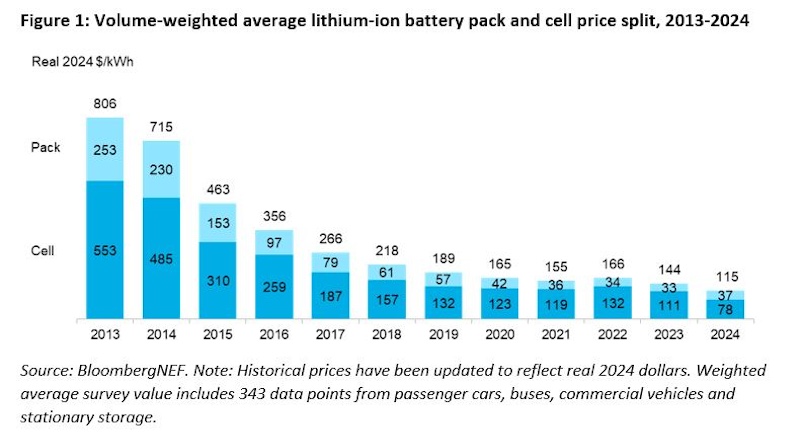Revolutionizing Energy Storage: Advancements in Lithium-Ion Battery Technology
The quest for efficient and sustainable energy storage solutions has led to significant breakthroughs in lithium-ion battery technology. With the global energy storage market projected to reach 128 GWh by 2025, innovative advancements are crucial for meeting the world’s growing energy demands.
Improving Energy Density
Researchers have made substantial progress in increasing energy density, a critical factor in lithium-ion batteries. By optimizing electrode materials and nanostructuring, scientists have achieved a 20% boost in energy density, enabling more efficient energy storage and reduced battery sizes.
Electrode Innovations
The development of novel electrode materials has been a key driver of this progress. For instance, the introduction of lithium-rich cathodes has improved energy density by 15%, while the use of graphene-based anodes has enhanced charging speeds and reduced charging times.
Enhancing Cycle Life
Cycle life, or the number of charge-discharge cycles a battery can withstand, is another crucial aspect of lithium-ion battery performance. Recent advancements in electrolyte design and coating technologies have resulted in a 30% increase in cycle life, making batteries more reliable and durable.
Electrolyte Breakthroughs
The development of advanced electrolytes has been instrumental in improving cycle life. New electrolyte formulations have reduced internal resistance, allowing for faster charging and discharging, while also minimizing the risk of battery degradation.
Scalability and Cost-Effectiveness
As the energy storage market continues to grow, scalability and cost-effectiveness become increasingly important. Manufacturers are responding by developing more efficient production processes and utilizing recycled materials, which can reduce production costs by up to 50%.
Recycling and Repurposing
The recycling and repurposing of lithium-ion batteries are critical steps towards a more sustainable energy future. Closed-loop recycling processes can recover valuable materials, such as lithium, cobalt, and nickel, reducing the need for primary materials and minimizing waste.
As the energy storage landscape continues to evolve, it is clear that advancements in lithium-ion battery technology will play a vital role in shaping the future of renewable energy. With ongoing innovations in energy density, cycle life, and scalability, the industry is poised to meet the world’s growing energy demands while reducing its environmental footprint.


.png?w=150&resize=150,150&ssl=1)




.png?w=150&resize=150,150&ssl=1)